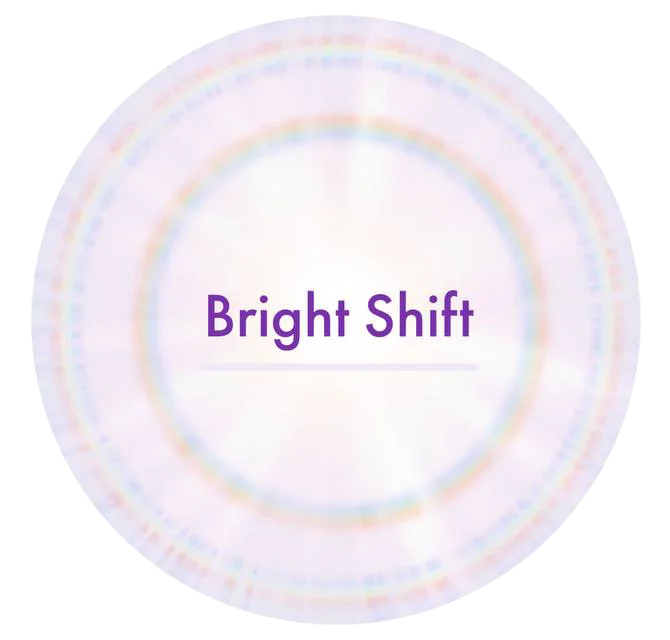Forgiveness is often spoken about as if it were simple. People say “just let it go” or “move on” as though it were a matter of willpower. But anyone who has carried real hurt knows it is not that easy. Something in us holds on. The anger or grief becomes a part of our story, almost like a companion we do not know how to live without.
In many traditions, forgiveness is not treated as a quick moral duty but as a process of the heart. There is an old Sufi story about a man who carried water in a cracked pot. Half the water would spill out before he reached home, and he felt ashamed of the pot’s flaws. One day, the pot spoke and apologized for being broken. The man smiled and pointed to the path where wildflowers had begun to grow on the side watered by the leaks. “Without your cracks,” he said, “this path would be barren.” The story is often told to remind us that the places of hurt and imperfection can become sources of unexpected life. Forgiveness works in a similar way. It allows the energy trapped in pain to be released into something living and new.
Psychologically, forgiveness begins when we stop replaying the same scene in our minds. At first this can feel impossible. The nervous system remembers the shock of betrayal or the sting of harsh words. We may feel we cannot forgive because to forgive would mean the other person “got away with it.” Yet when researchers study long-term resentment, they find it keeps the body in a state of stress. The mind goes in circles. The heart stays closed. Forgiveness, then, is less about excusing the other person and more about releasing ourselves from being held hostage by the past.
Spiritually, many mystics describe forgiveness as a softening of the heart. It is as though the soul has been holding its breath, waiting for something to change. When we forgive, we exhale. This does not erase memory or undo the harm. But it shifts the way we carry it. The hurt no longer hardens into bitterness. Instead, it becomes part of the human story we share with everyone else who has ever been hurt and ever had to let go.
This softening rarely comes in one moment. Often it happens gradually. First we acknowledge the pain instead of suppressing it. Then we start to see the one who hurt us a human being shaped by their own wounds and limits. Finally, something shifts inside us. The grip loosens. The river flows again.
There is also the harder work of forgiving ourselves. Many people find this the most difficult part. We look back and wish we had spoken differently, chosen differently, lived differently. We keep ourselves frozen in regret. Yet the same truth applies: forgiveness does not erase the past, but it allows us to live with a heart that is not trapped by it.
In the end, forgiveness is a kind of surrender. It is a way of saying the story will not own me anymore. It is a way of letting life move forward so that what was once heavy can become part of the wisdom we carry rather than the prison we live in.

